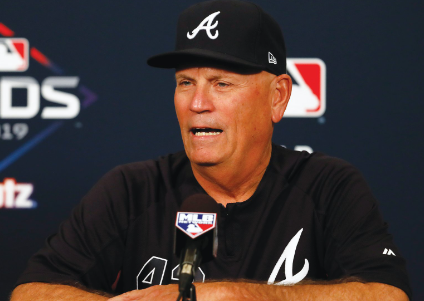During this offseason, the Los Angeles Dodgers have endeavored to construct a baseball powerhouse reminiscent of the Avengers. The team has invested a staggering $1.1 billion in assembling a roster that resembles a lineup straight out of MLB The Show. Notable additions include Shohei Ohtani, Yoshinobu Yamamoto, Tyler Glasnow, and others, as they aim to secure a World Series title that holds true significance, distinct from the abbreviated COVID championship they claimed in 2020 (with no full-season championship since 1988).
In the previous season, the Dodgers secured the second seed in the National League, earning a week’s respite alongside the Atlanta Braves before entering the National League Divisional Series. Facing the Arizona Diamondbacks, the Dodgers suffered a surprising 3-0 sweep. Criticism has been directed at MLB Commissioner Rob Manfred for the playoff format that saw three of the top four seeds ousted in the Divisional Series. While the impact of the extra week off on performance is debatable, it certainly didn’t contribute positively.
Alanna Rizzo, in an appearance on the MLB Network, explored potential contenders that could rival the Dodgers’ formidable “Big 4.” The Dodgers’ quartet comprises Mookie Betts, Freddie Freeman, Shohei Ohtani, and Yoshi Yamamoto. In response, the Atlanta Braves countered with Ronald Acuna Jr., Ozzie Albies, Matt Olson, and either Spencer Strider or Max Fried, meeting the criteria of the “Big 4” encompassing the first three hitters and a starting pitcher.
Although both teams present impressive “Big 4” lineups, the author expresses a clear preference for the Dodgers’ roster. Highlighting the fact that Acuna Jr., Betts, Freeman, and Olson dominated the NL MVP race, with Ohtani securing the AL MVP, the superiority of the Dodgers’ lineup is emphasized. The significance of pitching is also underscored, with particular attention to Yamamoto’s exceptional track record in Japan, winning three consecutive “Sawamura Awards” (Japan’s equivalent of the Cy Young Award) with an ERA consistently below 1.70 for three years. Despite successful transitions of Japanese pitchers like Yu Darvish, Masahiro Tanaka, and Shohei Ohtani to the MLB, the author acknowledges that Yamamoto remains unproven in the Major Leagues.

